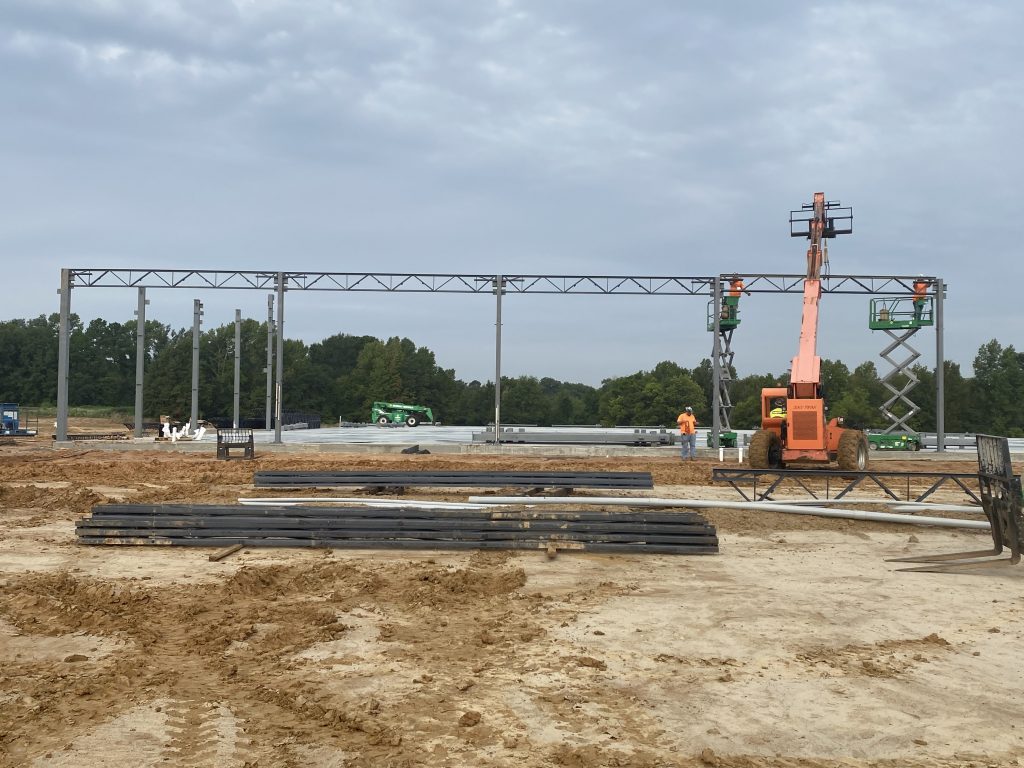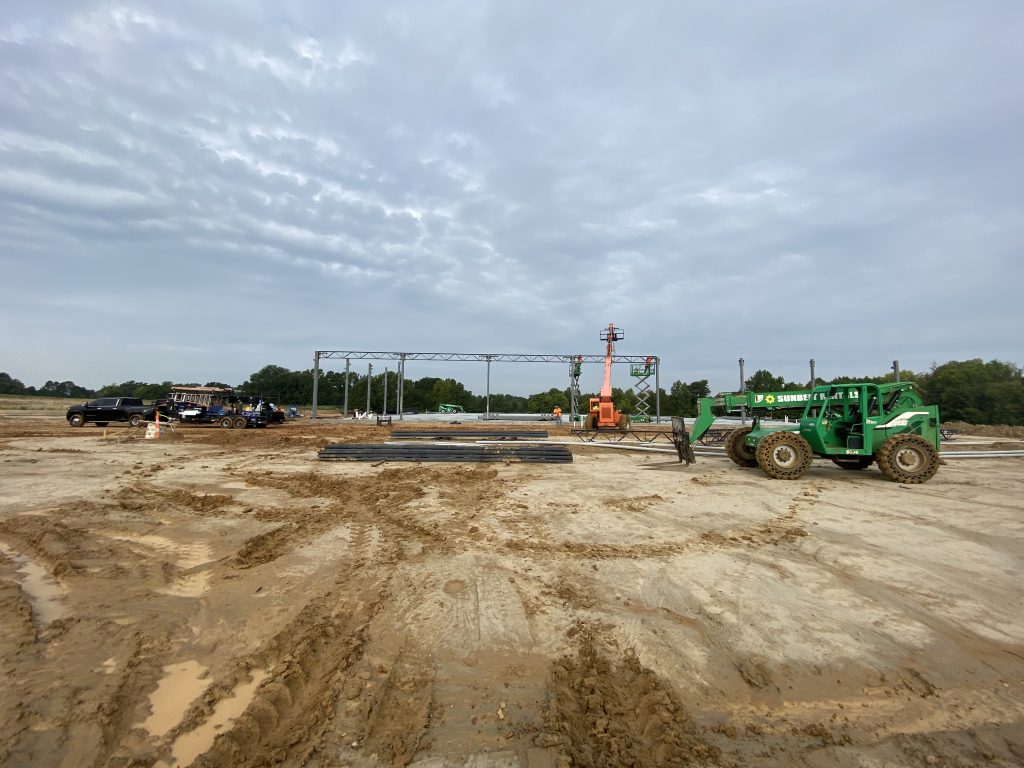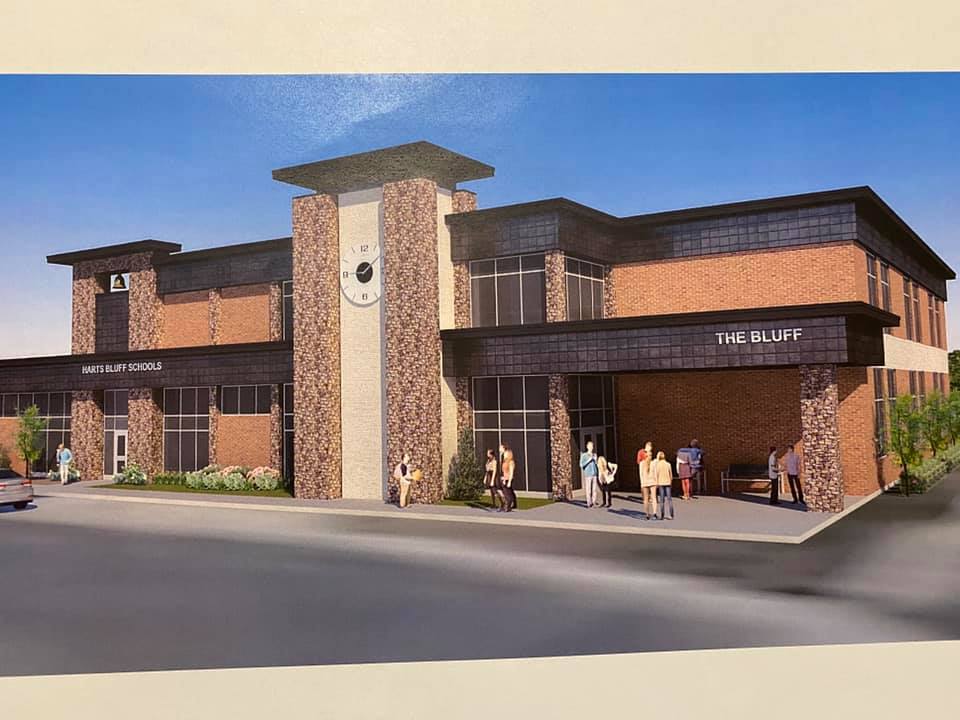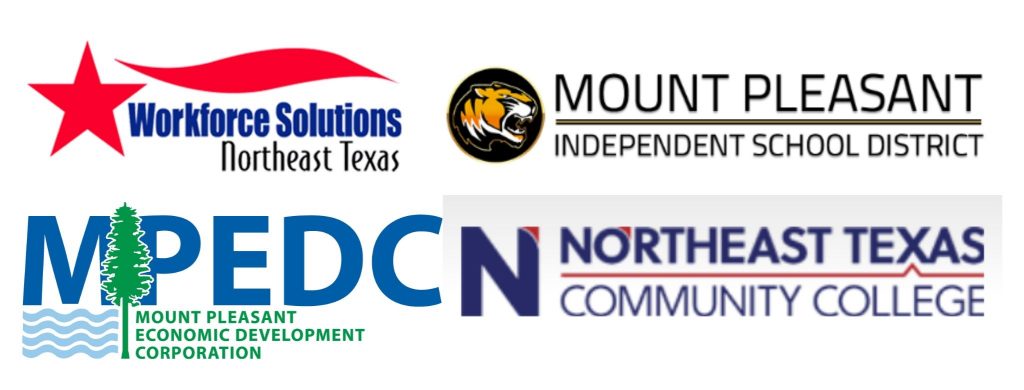Northeast Texas Community College is offering CDL classes through the Continuing Education and Corporate Training Department.
Location: NTCC Main Campus
Dates: September 8, October 5, and November 2
Length: 4 week course (50 hours in classroom & 110 hours of driving)
Cost: $4,191
Contact: 903-434-8330 or email continuinged@ntcc.edu









